Pig manure is a valuable natural resource that can be converted into high-quality organic fertilizer through a well-designed pig manure organic fertilizer production line. This process not only helps reduce waste but also contributes to sustainable agriculture by providing nutrient-rich fertilizer that improves soil health and boosts crop yields. In this article, we will explore the benefits, steps, and equipment involved in a pig manure organic fertilizer production line, highlighting how this eco-friendly solution can revolutionize agricultural practices.
Why Use Pig Manure for Fertilizer?
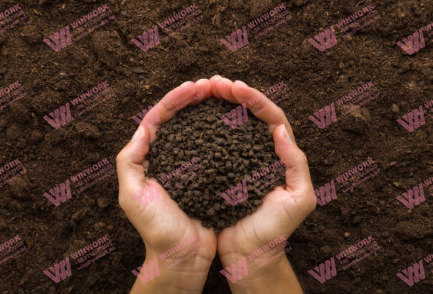
Pig manure is an abundant by-product of the pig farming industry. It is rich in essential nutrients such as nitrogen, phosphorus, and potassium—key elements that promote plant growth. However, raw pig manure can be challenging to handle due to its high moisture content and potential pathogens. By processing pig manure into organic fertilizer through a pig manure organic fertilizer production line, these issues are addressed, and the manure is transformed into a stable, nutrient-rich product that is safe for agricultural use.
The Pig Manure Organic Fertilizer Production Line Process
The pig manure organic fertilizer production line involves a series of steps that convert raw pig manure into high-quality organic fertilizer. These steps are designed to ensure that the final product is nutrient-dense, safe for crops, and environmentally friendly. Below are the key stages of the pig manure organic fertilizer production line:
1. Manure Collection and Preprocessing

The first step in the pig manure organic fertilizer production line is the collection of pig manure from farms. Fresh manure is often collected and transported to the processing facility. Depending on the moisture content, the manure may be mixed with other organic materials like straw or sawdust to optimize the fermentation process. This step helps create the right conditions for fermentation by balancing the carbon-to-nitrogen ratio.
2. Fermentation
Once the manure is collected and prepared, it undergoes fermentation. Fermentation is the core step in the pig manure organic fertilizer production line, where microorganisms break down the organic matter. The fermentation process reduces the moisture content of the manure and eliminates harmful pathogens. This process usually takes place in a fermentation tank or pit, where the temperature and humidity are carefully controlled to accelerate the breakdown of organic material. The result is a nutrient-rich organic compost ready for further processing.
3. Crushing and Grinding
After fermentation, the next step in the pig manure organic fertilizer production line is crushing and grinding. This step ensures that the composted manure is broken down into smaller, uniform particles, which makes it easier to handle and process. Crushing and grinding also increase the surface area of the compost, improving the efficiency of the subsequent granulation and drying stages.
4. Granulation
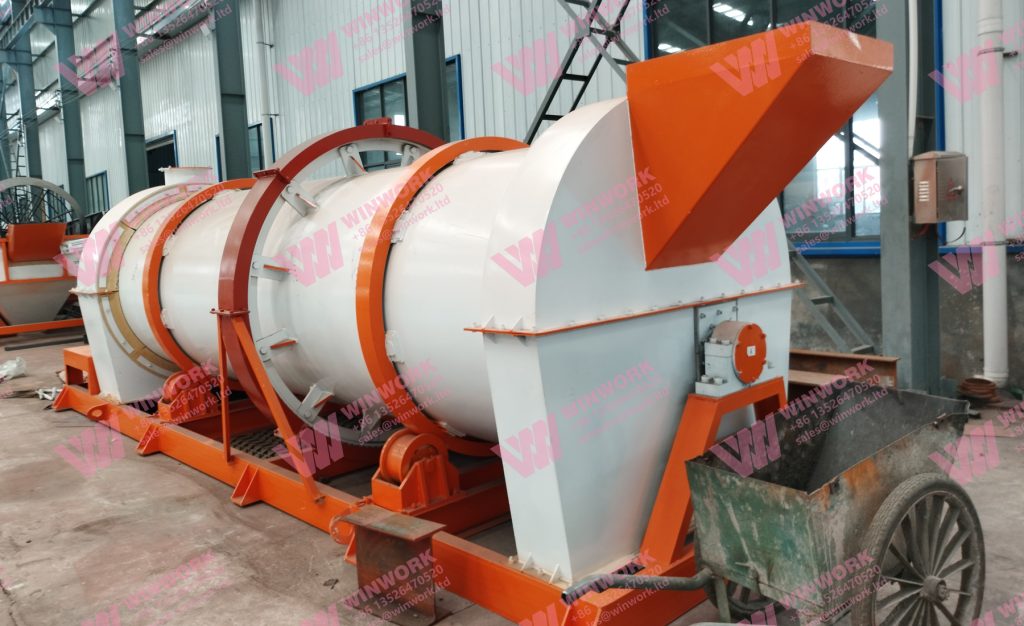
The granulation process is essential in the pig manure organic fertilizer production line. The composted manure is mixed with other ingredients like phosphorus, potassium, and trace elements to create a balanced fertilizer. The mixture is then processed through a granulator, where it is formed into small, uniform granules. Granulation helps ensure that the nutrients are evenly distributed throughout the fertilizer, providing a consistent product that is easy to apply to crops.
5. Drying
After granulation, the fertilizer granules are dried to reduce moisture content and improve their stability. Drying is an essential step in the pig manure organic fertilizer production line, as it prevents the granules from clumping together and ensures they remain in a granular form. The dried granules are more stable and can be stored for longer periods without degradation.
6. Cooling
Once the granules are dried, they are cooled to room temperature. The cooling process ensures that the granules retain their structure and prevents them from becoming soft or sticky. This step also improves the handling and storage of the fertilizer, ensuring it remains in optimal condition for application.
7. Screening and Packaging

The final step in the pig manure organic fertilizer production line is screening and packaging. The granules are screened to ensure that only those of the correct size are packaged. Any undersized or oversized granules are removed. The screened fertilizer is then packaged into bags or other containers for distribution. The use of an automatic packing machine improves the efficiency of this stage, ensuring that the fertilizer is packaged consistently and quickly.
Key Equipment in a Pig Manure Organic Fertilizer Production Line
A complete pig manure organic fertilizer production line includes several key pieces of equipment, each designed to optimize the production process:
- Manure Mixer: Used to mix raw pig manure with other organic materials before fermentation.
- Fermentation Tank: A controlled environment for the fermentation process, where microorganisms break down the manure.
- Compost Crusher: Used to break down composted manure into smaller particles for easier processing.
- Granulator: A machine that forms composted manure into small, uniform granules.
- Dryer: Used to remove moisture from the granules, ensuring they are stable and long-lasting.
- Cooler: Cools the fertilizer granules to prevent them from becoming soft or sticky.
- Screening Machine: Ensures that only the properly sized granules are packaged.
- Automatic Packing Machine: Used to package the final product for sale or distribution.
Benefits of a Pig Manure Organic Fertilizer Production Line
The pig manure organic fertilizer production line offers several benefits, both for farmers and the environment:
- Waste Reduction
By converting pig manure into organic fertilizer, the pig manure organic fertilizer production line helps reduce waste and pollution. Instead of being disposed of as waste, the manure is turned into a valuable resource that can improve soil health and boost crop yields. - Improved Soil Fertility
Pig manure is rich in essential nutrients that promote plant growth. The pig manure organic fertilizer produced from this process provides a natural and effective way to enhance soil fertility and improve crop yields. It also helps restore soil structure, promote microbial activity, and increase water retention in the soil. - Eco-Friendly
The pig manure organic fertilizer production line is an environmentally friendly solution that minimizes the need for synthetic fertilizers. Organic fertilizers are biodegradable and have a lower environmental impact, making them a sustainable choice for farmers. - Cost-Effective
By utilizing locally available pig manure, farmers can reduce their reliance on expensive chemical fertilizers. The pig manure organic fertilizer produced by this line is not only cost-effective but also improves long-term soil health, reducing the need for synthetic inputs. - Profit Potential
Setting up a pig manure organic fertilizer production line can be a profitable business venture. The growing demand for organic fertilizers, combined with the abundance of pig manure, makes this a sustainable and potentially lucrative option for farmers and fertilizer producers.
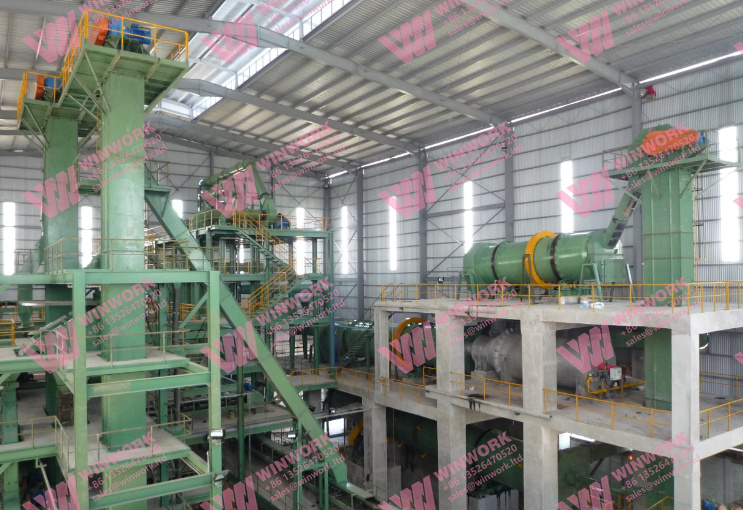
Conclusion
The pig manure organic fertilizer production line is an effective solution for transforming waste into a valuable resource. By converting pig manure into high-quality organic fertilizer, farmers can improve soil fertility, reduce waste, and contribute to more sustainable agricultural practices. With the right equipment and process, a pig manure organic fertilizer production line can provide significant environmental, economic, and agricultural benefits.


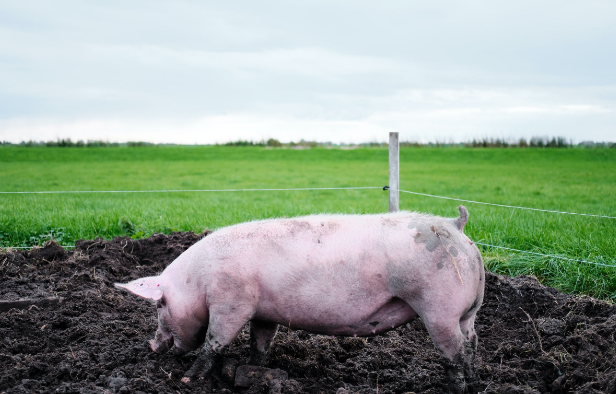
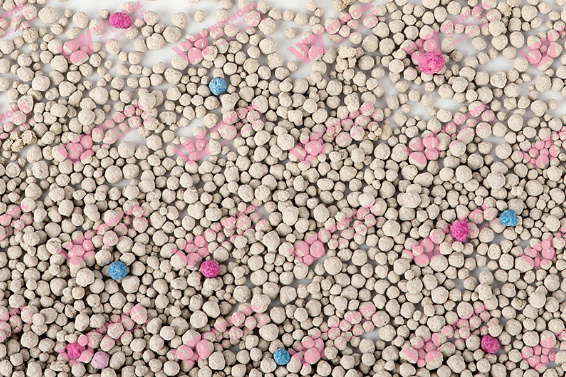
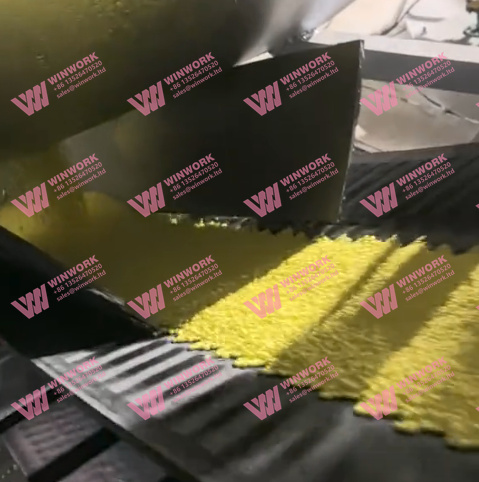
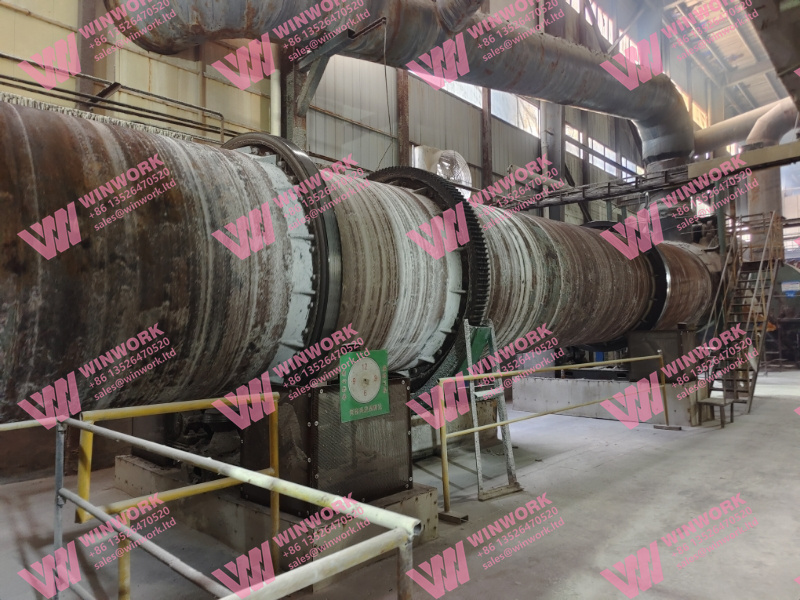
Get A Quote